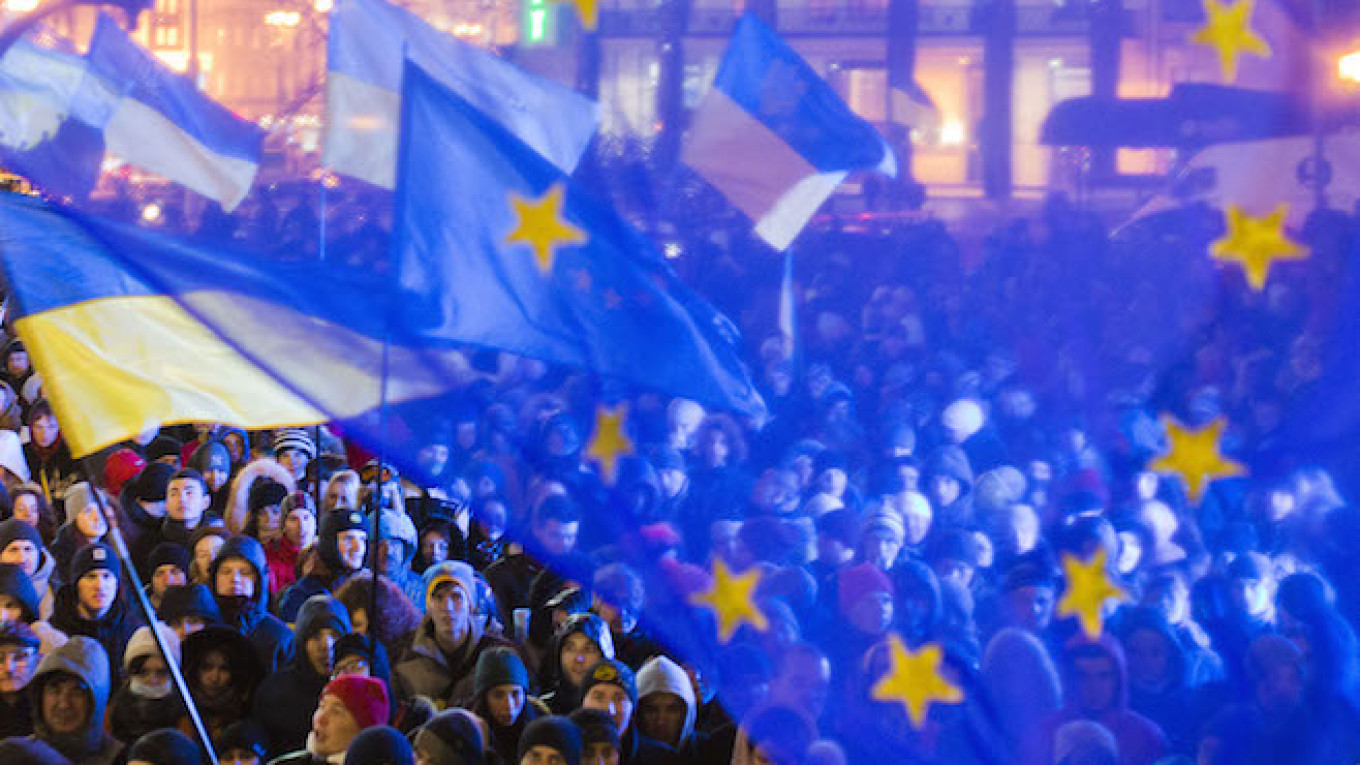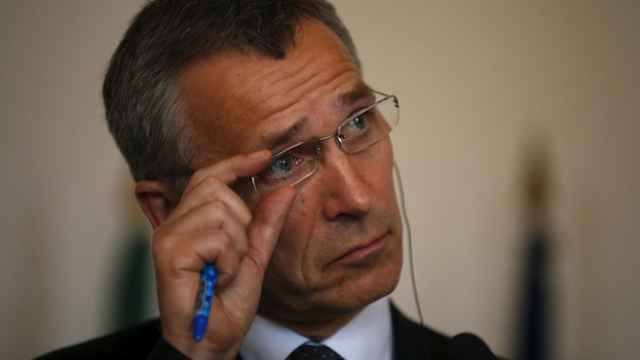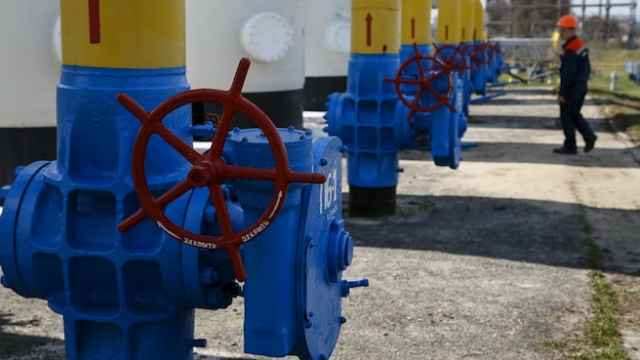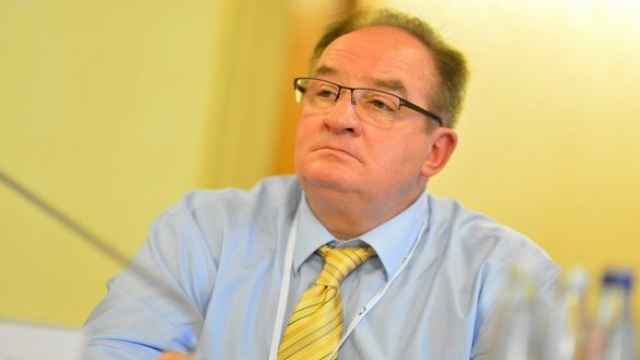European Union leaders begin a tense summit on Thursday with former Soviet neighbors that will be overshadowed by the continuing confrontation with Russia triggered by the last such event 18 months ago.
Disagreement over the conflict in Ukraine, and over the EU's reluctance to hold out membership prospects to the six states in its "Eastern Partnership", have held up drafting of a joint communique to be issued in Riga on Friday, diplomats said.
"These are not easy negotiations," one EU diplomat said after talks in Brussels on a draft text that will be reviewed in Latvia by foreign ministers from the EU, Ukraine, Georgia, Moldova, Armenia, Azerbaijan and Belarus on Thursday evening.
Any success for the summit would depend, the diplomat added, on how the leaders would "spin" their modest, largely technical, areas of agreement — "and on how it will be read in Moscow."
Armenia and Belarus refused to sign up to any statement that called Russia's annexation of Ukraine's Crimea peninsula illegal and EU diplomats said a compromise text would be put to them.
It would note the EU's condemnation of the Crimean situation but also refer to partner governments' positions in a U.N. vote in March 2014 in which Armenia and Belarus took Moscow's line.
Pursuing a process it launched six years ago to offer trade and aid in hopes of fostering stable democracies on its eastern flank, the EU was plunged into the most divisive European crisis since the Cold War when it proposed a trade pact to Ukraine at a summit in Vilnius in late 2013.
The Kremlin portrayed the move as geopolitical gambit to snatch away its biggest ex-Soviet ally.
The 11th-hour refusal by Ukraine's then president to sign the EU deal in Vilnius, like Riga once part of the Soviet Union's Baltic possessions, brought pro-Western protesters onto Kiev's Maidan square. That led to a bloody revolt which Russia denounced as a fascist coup and used to justify its annexation of Crimea and support for separatists in eastern Ukraine.
With President Vladimir Putin viewing their courting of his neighbours as an attempt by old foes to encircle a resurgent Russia, the EU is now trying to soft-pedal its ambitions without turning its back on its impoverished partners. And it is seeking ways out of a conflict with Russia that has cost thousands of lives and prompted mutual sanctions in an East-West trade war.
Russian Warning
In Brussels on Tuesday, Russian Foreign Minister Sergei Lavrov said he would hold EU leaders to their pledges that the Eastern Partnership would not harm Russia's own interests in a "near abroad" where it has also fought with Georgia, in 2008."Trying to present things as 'you're either with us or against us,' as a zero-sum game, brings undesirable results," he said, adding he wanted to see action in Riga to reassure Moscow.
Briefing reporters in Brussels ahead of the summit, a senior EU official took pains to stress achievements for the Eastern Partnership since Vilnius. He cited the lifting last year of EU visa requirements for Moldovans wishing to visit the bloc.
"After the drama of Vilnius," he said, "this will be a summit that shows the policy works despite all the negative events that followed, and has delivered results for citizens."
The summit chairman, European Council President Donald Tusk, said Ukraine, Georgia and Moldova, whose governments are keen to join the EU and cooperate with the West's NATO defense pact as bulwarks against Russia, had a right to a "European dream."
But, the former Polish prime minister told a Radio Free Europe interviewer they should not expect rapid entrance to a club that Poland and other ex-communist states joined in 2004.
"Our duty," Tusk said, "is to deliver not the empty promise that it is possible tomorrow or the day after tomorrow, but the way to Europe."
A Message from The Moscow Times:
Dear readers,
We are facing unprecedented challenges. Russia's Prosecutor General's Office has designated The Moscow Times as an "undesirable" organization, criminalizing our work and putting our staff at risk of prosecution. This follows our earlier unjust labeling as a "foreign agent."
These actions are direct attempts to silence independent journalism in Russia. The authorities claim our work "discredits the decisions of the Russian leadership." We see things differently: we strive to provide accurate, unbiased reporting on Russia.
We, the journalists of The Moscow Times, refuse to be silenced. But to continue our work, we need your help.
Your support, no matter how small, makes a world of difference. If you can, please support us monthly starting from just $2. It's quick to set up, and every contribution makes a significant impact.
By supporting The Moscow Times, you're defending open, independent journalism in the face of repression. Thank you for standing with us.
Remind me later.






